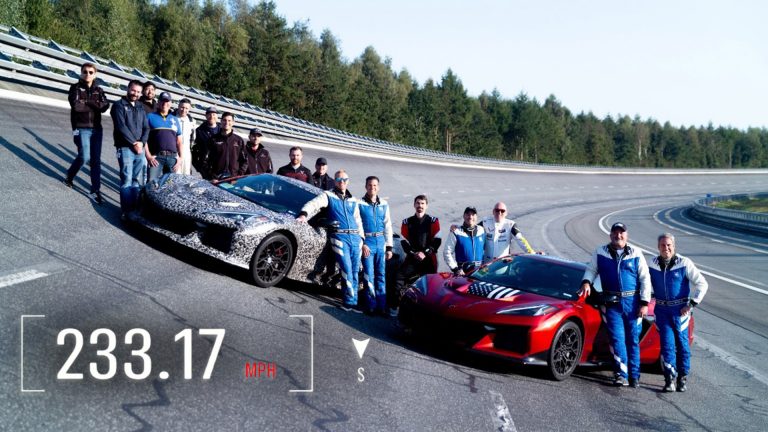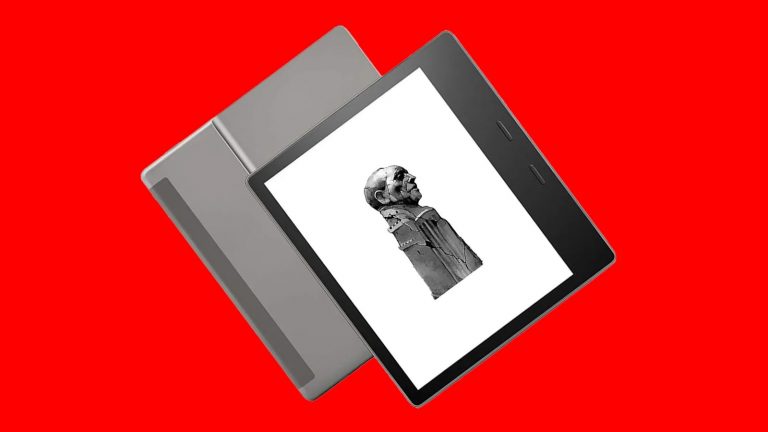Shockingly, Electric Vehicle Drivers Refuse to Return to Gas-Guzzling Cars

Electric Vehicle Owners: Satisfied and Ready to Repeat
A Global Survey Reveals the Truth About EV Satisfaction
A recent survey of 23,000 electric vehicle (EV) drivers worldwide has shed light on the satisfaction levels of current EV owners. The results are overwhelmingly positive, with 92% of respondents planning to buy another EV in the future. Only 1% would consider returning to a petrol or diesel car, while 4% might opt for a plug-in hybrid (PHEV) if they had to replace their vehicle.
According to Petter Haugneland, assistant secretary general of The Norwegian EV Association, “These results confirm that EV drivers are highly satisfied with their choice and that reports of declining EV popularity are greatly exaggerated.”
Global EV Sales on the Rise
The demand for EVs is expected to continue growing, with global sales projected to reach 16.26 million in 2024, a 25% increase from 2023. This surge in demand is driven by factors such as lower operating costs and environmental concerns.
Lower Operating Costs: The Top Motivation for EV Buyers
The survey revealed that the top motivation for EV buyers, beyond environmental concerns, is the lower operating costs associated with electric vehicles. This is a crucial factor in making EVs an attractive option for many consumers.
As Ellen Hiep, board member of the Dutch Electric Vehicle Drivers Association, notes, “This should serve as an eye-opener for policymakers worldwide. While a vibrant electric vehicle market is crucial for reducing climate emissions from road transport, achieving this goal hinges on making EVs an even more affordable option for all.”
Incentives Play a Critical Role in EV Sales
Incentives have played a significant role in driving EV sales, with 64% of premium brand EV owners and 49% of mass-market EV owners citing incentives as a primary driver of their decision to purchase or lease an EV. Incentive programs were cited as the top reason for purchase among 81% of Volkswagen buyers, 77% of Chevrolet buyers, and 72% of Tesla buyers.
However, not all manufacturers have been as successful in leveraging incentives to drive sales. Only 32% of Hyundai buyers, 24% of Kia buyers, and 21% of Toyota buyers said incentives were a primary reason for their vehicle selection.
The Future of EV Incentives
The future of EV incentives is uncertain, with the incoming Trump administration planning to end the current $7,500 federal tax credit on the purchase or lease of an EV. This move could have significant implications for the EV market, particularly for premium brand manufacturers that have relied heavily on incentives to drive sales.
As the EV market continues to evolve, it will be crucial for policymakers and manufacturers to work together to create a supportive environment that encourages the adoption of electric vehicles. With the right incentives and policies in place, the potential for EVs to transform the transportation sector is vast.






